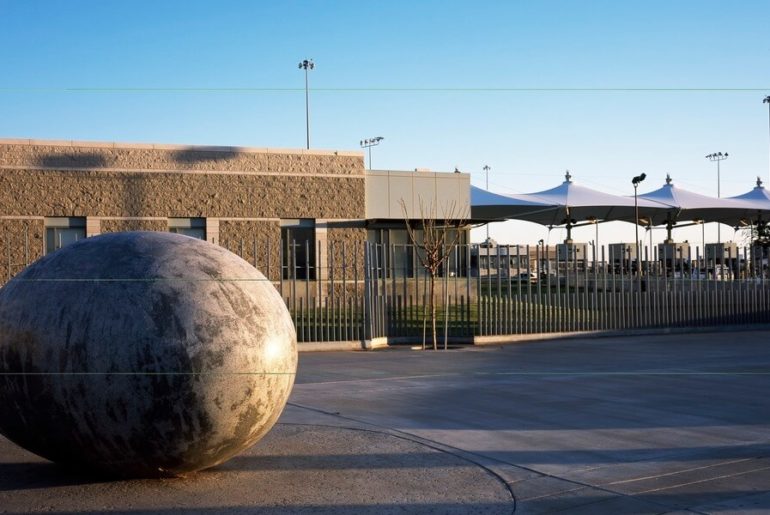At different times we have heard about the injustices and mistreatment suffered by migrants detained in ICE detention centers. California seeks to eliminate detention facilities for profit by passing a bill that prohibits state contracts with private prisons across the state.
Democratic Governor Gavin Newson has until October 13 to approve or veto the AB32 proposal. If this law is passed, California would be prohibited to establish new contracts with private companies to operate prisons, including some detention centers that operate under agreements with the Immigration and Customs Service (ICE).
Why is this legislation important?
First, as mentioned in a statement by the bill’s author, Oakland Democratic Assemblyman, Rob Bonta, “We’ve all seen the current humanitarian crises play out along the southern border. No human being deserves to be held in the horrific conditions we’ve been seeing in these for-profit, private facilities. It’s clearly not enough to focus our legislation on prisons alone.”
Secondly, according to Freedom for Immigrants, it is not more effective to detain people in privately-run immigrant prisons. In addition, it costs the government more. Federal government data mention that it cost $149.58 taxpayer dollars to detain one person for one day in a privately-run immigrant prison, as opposed to $98.27 in a municipal-run immigrant jail. Also, Mesa Verde charges $119 a day for each of the first 320 detainees and in Adelanto the rate is $ 111 for the first 1,455 people in ICE custody. Both centers are operated by the Geo Group through complicated contracts that use cities as middlemen.
Third, this bill also ends corporations from profiting from the growth of prisons. The Guardian mention that two of ICE’s largest immigrant detention centers in California are operated by the Geo Group through complicated contracts that use cities as middlemen. Geo Group, operates four private prisons in California under contract with the California department of corrections and rehabilitation and in 2015 expanded the Adelanto center to 1,940 beds, making it the second-largest adult detention center in the country. With the Trump administration’s crackdown against undocumented immigrants, another 1,000-bed expansion is planned. The contracts for these four prisons expire in 2023 and cannot be renewed under AB32, except to comply with a federal court order to reduce crowding in state-run facilities. In recent years, contracts with California’s prison authority have amounted to as much as 12% of CoreCivic’s total revenue, more than any other state prison authority in the US, according to SEC filings. CoreCivic and Geo Group spent $130,000 during the first six months of this year lobbying the legislature and governor against AB32.
More than 2,200 prisoners in custody of the state of California were in private penitentiaries, triple compared to 2016, according to figures obtained by The Guardian. And around 1,300 migrants are in private ICE centers in California. Federal government data obtained by the ILRC indicate that, on average, immigrant prisons and jails are holding people for longer periods of time under the Trump administration than under the Obama administration. In FY 2017, the average length of stay at any one immigrant prison or jail was 34 days, compared to 22 days in FY 2016 and 21 days in FY 2015.
The approval of AB32 would be an important step in reforming the criminal justice system in California and restore respect for the human rights of immigrants. Hopefully, this proposal will be imitated in other US states.

